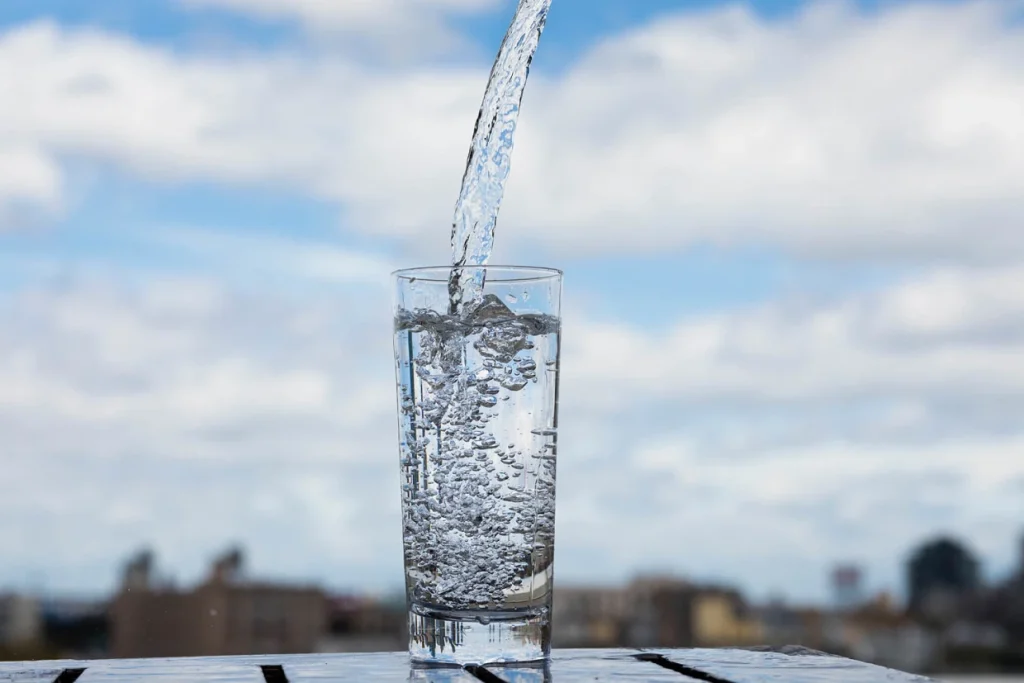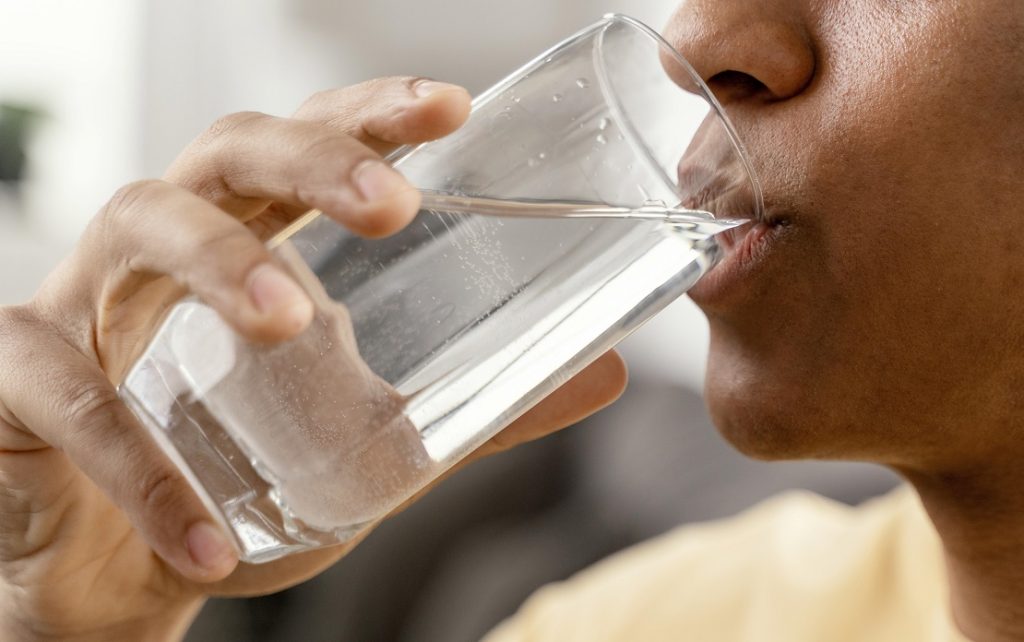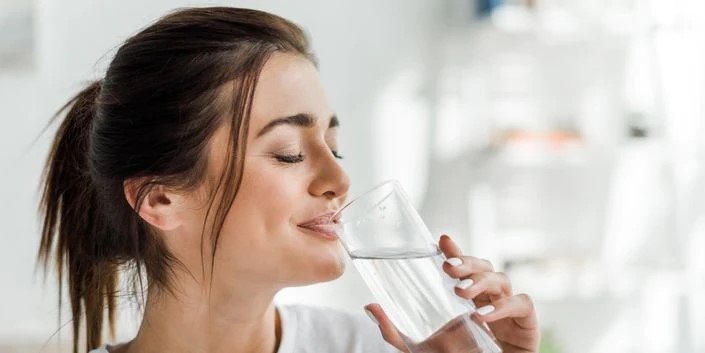I’m sure you’ll agree that few things are as refreshing as an ice-cold glass of water. Yet, many of us fail to consume enough water each day. By neglecting to hydrate with the world’s most natural resource, we are inadvertently harming our bodies. If you notice any of the following signs, you can make a difference simply by enjoying a refreshing glass of water.

Your Mouth Feels Dry
Dry mouth is a clear sign of dehydration. Instead of reaching for sugary or caffeinated drinks, opt for water. Staying hydrated keeps the mucous membranes in your mouth and throat functioning properly, helping them produce saliva and keeping your mouth moist for longer periods.
Your Skin Feels Dry
Dry skin can sometimes indicate mild dehydration. Water helps maintain skin elasticity and hydration, but it’s not the sole factor. Proper skin care, balanced nutrition, and avoiding excessive sun exposure are also crucial for healthy skin.
You Feel Overly Thirsty
Feeling very thirsty is your body’s way of signaling that it needs more fluids. For instance, after consuming alcohol or spending time in a hot environment, your body may demand extra water to compensate for fluid loss. Listening to these signals is key to staying hydrated.
You Experience Fatigue or Lack of Energy
Dehydration can reduce oxygen levels in your bloodstream, leading to feelings of fatigue and lethargy. Staying hydrated helps maintain energy levels and overall alertness throughout the day.
Your Digestive System Feels Off
Water plays a vital role in digestion by aiding the stomach lining and intestinal movement. Inadequate water intake can contribute to symptoms like heartburn or constipation. Ensure you’re drinking enough water to keep things moving smoothly.
Your Urination Changes
Healthy hydration leads to regular urination with pale yellow or clear urine. Darker urine may indicate you need more fluids. If you’re going to the restroom less than 4-7 times daily, it could be a sign to increase your water intake.
You Experience Joint Discomfort
Water helps lubricate your joints, reducing friction and discomfort. Proper hydration supports the cartilage and discs in your body, especially during physical activity.
Misconceptions and Clarifications

- Dry Eyes: While dehydration can sometimes affect tear production, dry eyes are more commonly caused by environmental factors, screen use, or specific medical conditions.
- Premature Aging: Drinking water is beneficial for skin health, but aging is a complex process influenced by genetics, lifestyle, and other external factors. Hydration alone won’t prevent wrinkles or other signs of aging.
- Flushing Out Toxins: Water supports kidney function and helps eliminate waste, but your body has efficient systems (kidneys and liver) to handle toxins. Drinking excess water won’t “flush out” toxins more effectively.
How Much Water Should You Drink?
The European Food Safety Authority recommends women consume about 1.6 liters (8 glasses of 200ml) of water daily, and men around 2.0 liters (10 glasses of 200ml). However, individual needs vary depending on factors like body size, activity level, and climate.
In addition to water, tea, coffee, milk, and fruit juices can contribute to hydration. Be cautious with sugary or alcoholic drinks, as they can lead to dehydration and other health issues.
Conclusion

Water is essential for maintaining your body’s health and function, but it’s not a magical cure-all. Balancing hydration with a healthy diet, regular exercise, and good lifestyle habits is key. Listen to your body’s signals, and remember that every small step toward staying hydrated can make a big difference over time.
This revised version focuses on factual accuracy while removing exaggerated or misleading claims. Let me know if you’d like further refinements!

